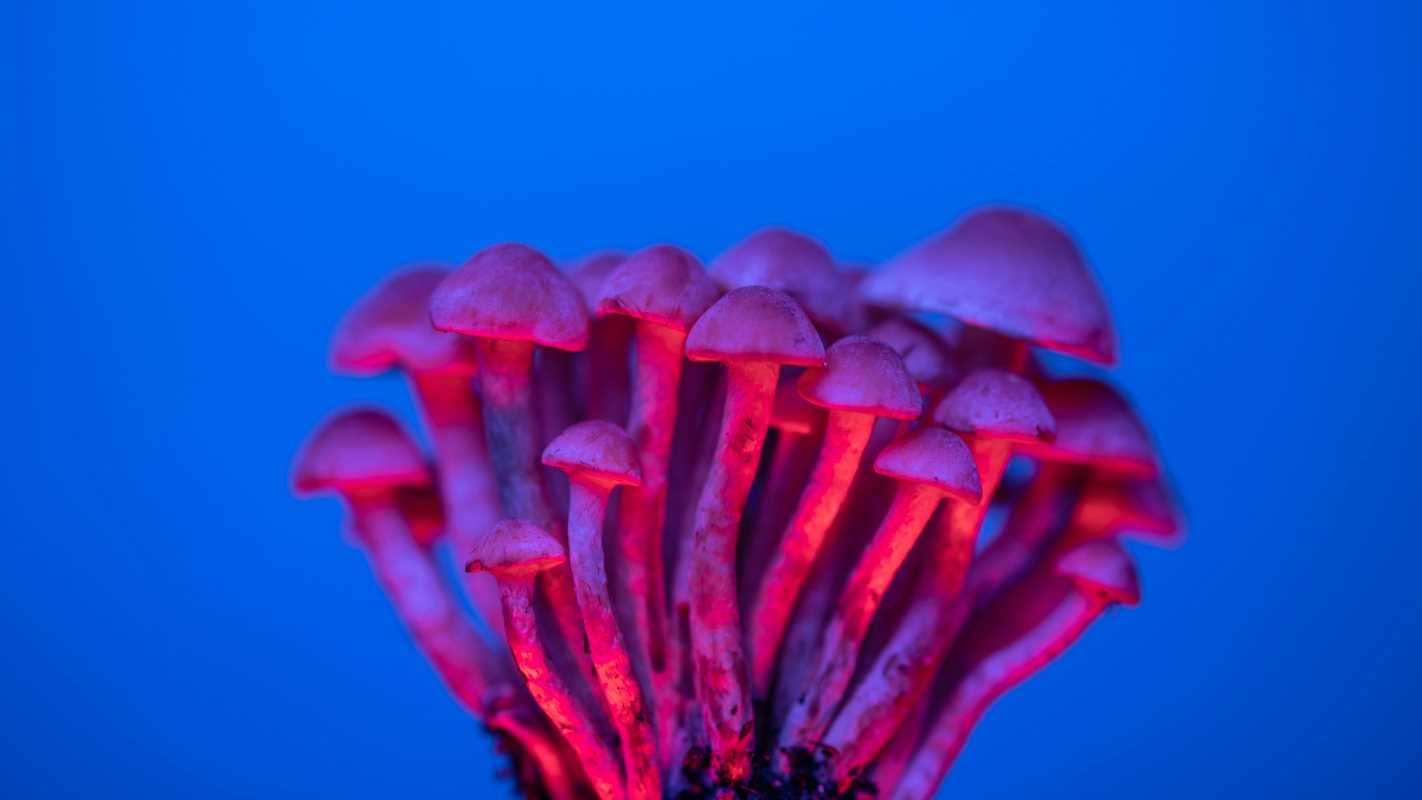Anxiety isn’t just something that lives in your mind; it can feel like it takes over your entire body, from racing thoughts to a pounding heart. While plenty of factors contribute to anxiety, you might be surprised to learn that what you eat plays a major role in how you feel.
Your diet isn’t a cure-all for anxiety, but it’s a powerful tool you can use to support your mental health. The foods you choose can influence everything from your mood to your energy levels, thanks to their direct impact on brain chemistry, gut health, and even blood sugar stability. The good news is that small changes to what you eat can make a big difference. Here’s how.
1. How Food Impacts Your Mood
The mind-body connection is strong, and diet is one of the easiest ways to influence that link. Certain nutrients are essential for producing neurotransmitters, the brain chemicals that regulate your mood. For example:
- Omega-3 fatty acids, found in fatty fish like salmon and walnuts, support serotonin production—a key neurotransmitter associated with feelings of calm and happiness.
- Magnesium, found in leafy greens, nuts, and seeds, helps regulate stress by supporting nerve and muscle function.
- B vitamins, found in foods like eggs, legumes, and whole grains, play a role in mood regulation and energy production.
Without these nutrients, your brain might struggle to keep anxiety in check. On the flip side, diets full of processed foods and added sugars have been linked to higher rates of anxiety and depression, potentially because they can create inflammation in the body and disrupt brain chemistry.
Add more “mood foods” to your weekly meals. Think of salmon for dinner on Monday, oatmeal topped with seeds for breakfast, or a handful of walnuts as a mid-afternoon snack.
2. Gut Health and Anxiety
You’ve probably heard the phrase “trust your gut,” but did you know it has scientific backing? Your gut is often referred to as your “second brain” because it produces many of the same neurotransmitters (like serotonin) found in your brain.
Your gut microbiome, the trillions of bacteria living in your digestive system, impacts anxiety levels. A healthy gut produces anti-inflammatory compounds and neurotransmitters that support mental health. But when your microbiome is out of balance, harmful bacteria can thrive, potentially worsening anxiety symptoms.
- Probiotic-rich foods like yogurt, kefir, sauerkraut, and kimchi help nurture your gut with beneficial bacteria.
- Prebiotic foods, like garlic, onions, and bananas, feed those good bacteria and help them thrive. Include a probiotic and a prebiotic food in your daily diet.
- Add some kimchi to a grain bowl or toss garlic and onions into a stir-fry.
3. Blood Sugar Fluctuations and Anxiety
Has your anxiety ever spiked out of nowhere in the middle of the day? Your blood sugar levels may be to blame. When blood sugar drops too low (called hypoglycemia), it can trigger symptoms that feel a lot like anxiety, including shakiness, racing thoughts, and irritability.
Unfortunately, diets full of refined carbs (like white bread or sugary snacks) and skipping meals can cause your blood sugar to swing wildly. These spikes and crashes can leave you feeling mentally drained and physically on edge, setting the stage for more anxiety.
Stabilizing blood sugar starts with choosing whole, unprocessed foods balanced with protein, fiber, and healthy fats. These nutrients keep energy levels steady and help you avoid the dreaded afternoon slump.
- When building meals or snacks, aim for balance.
- Pair carbs with protein or fat—think an apple with peanut butter, whole-grain toast with eggs, or hummus and veggies.
4. Anxiety-Reducing Foods to Reach For
If you’re looking to build an anxiety-friendly diet, focus on incorporating these foods regularly:
- Fatty fish (like salmon or mackerel): Packed with omega-3s that reduce inflammation and promote brain health.
- Leafy greens (like spinach or kale): Loaded with magnesium to calm the nervous system.
- Fermented foods (like yogurt or kimchi): Support gut health and improve serotonin production.
- Berries (like blueberries): High in antioxidants, which combat the stress caused by free radicals.
- Whole grains (like quinoa or oats): Steady your blood sugar and provide B vitamins for mood regulation.
On the flip side, it’s helpful to limit or avoid foods that can trigger anxiety symptoms. These include excessive caffeine, which can heighten jitteriness, and processed foods high in sugar, which contribute to energy crashes. Build your plate using the 80/20 rule: 80% of the time, include nutrient-dense, whole foods, and leave room for favorite indulgences the other 20%.
5. Building Habits That Last
Changing your diet to support mental well-being doesn’t mean overhauling everything all at once. Start small; swap one processed snack a day for something homemade, or add a serving of vegetables to lunch. These incremental changes can lead to noticeable improvements over time.
It’s also worth noting how important hydration is for your mood. Even mild dehydration can worsen fatigue and irritability, both of which feed into anxiety. Keep a water bottle on your desk as a visual reminder to hydrate throughout the day. Add slices of lemon or cucumber for a little flavor boost.
6. When to Seek Support
While diet is an important piece of the puzzle, it’s just one part of managing anxiety. If you’re making healthy changes but still struggling, it may be time to consult a professional. Registered dietitians can offer personalized advice tailored to your needs, while therapists or counselors can provide tools to address the underlying causes of your anxiety.
- Don’t go it alone.
- Pair healthy eating habits with other anxiety management practices like mindfulness, regular exercise, and breathing exercises for a well-rounded approach.
Making intentional nutrient-rich food choices can help you feel calmer, more focused, and in control of your mental health. Your mental health is worth the investment—and it’s never too late to start nourishing both your mind and body.
 (Image via
(Image via





